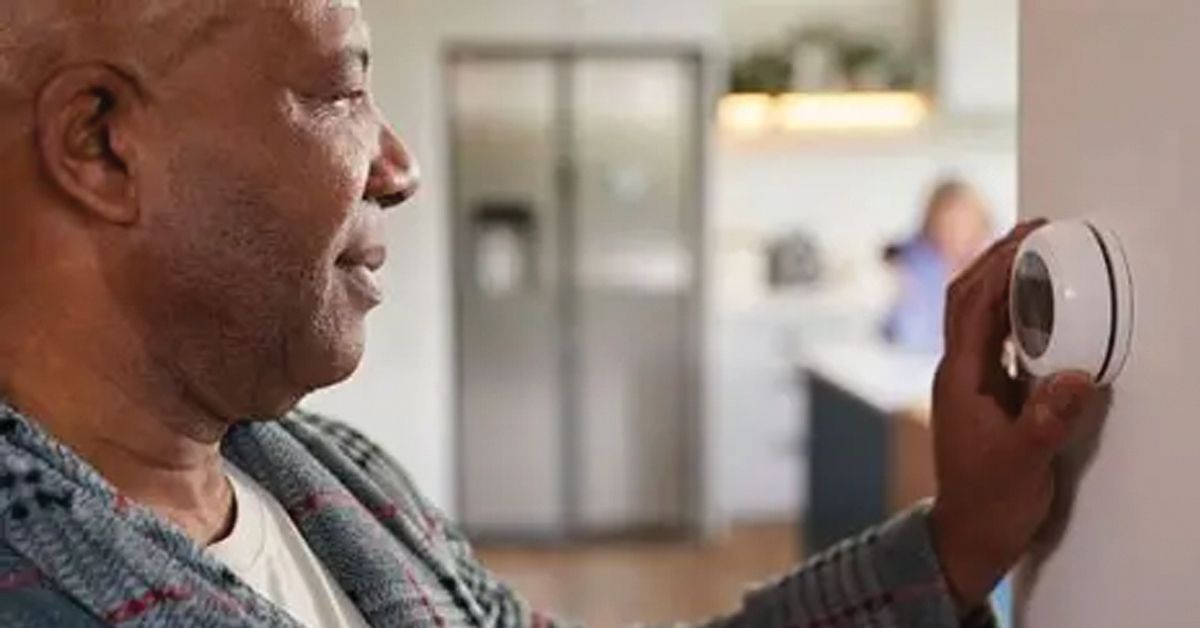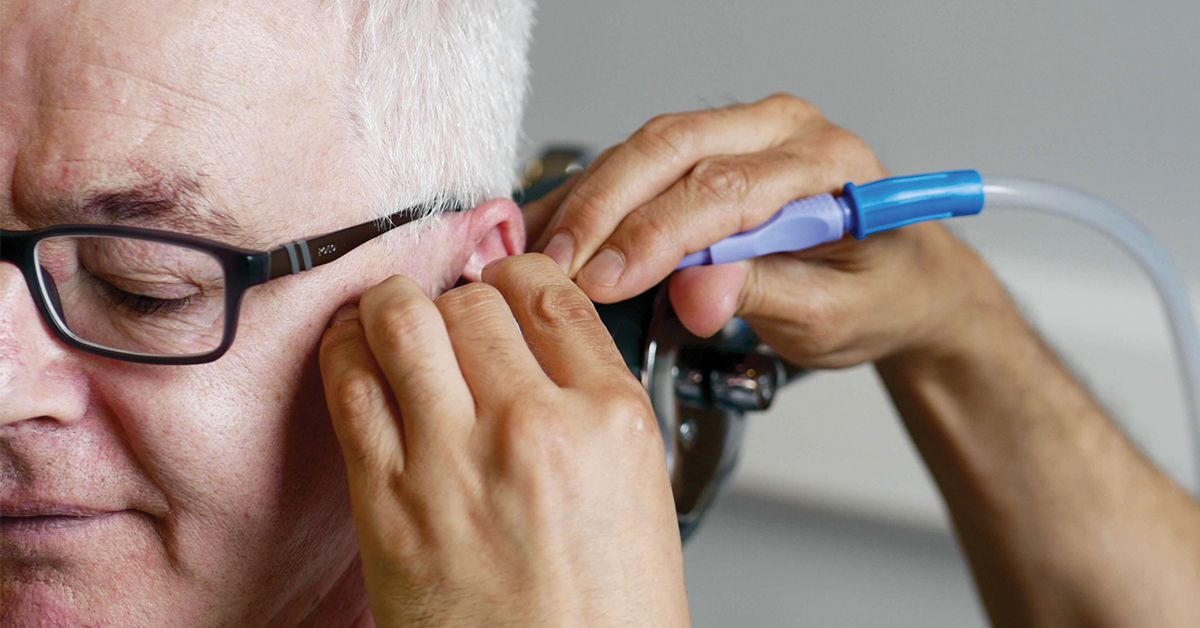Jan's Story
From hospital to home
The Challenge (themes of 2014 Act)The Challenge (themes of 2014 Act)
- Well-being and personal
outcomes
- Co-production
- New models of care
- Prevention and early intervention
- Information,
advice and assistance
- Proportionate
assessment, eligibility and care planning
- Integration,
partnership and co-operation
- Safeguarding and
protection
- Advocacy
Client Group
- Older Person awaiting discharge from Hospital
Personal Circumstances
A 93-year old lady had been admitted to hospital with pressure sores. She had been temporarily living in a care home who had stated that there would be no place available for her on discharge. She had a son who was very involved in her daily care. The son was keen for her to be discharged to a care home and the lady, who had been assessed as having capacity, fluctuated between saying she wanted to go to a care home and that she wanted to return to her home.
What action was taken (arrangements)
The lady was referred by the hospital discharge team, who requested anadvocate to attend the upcoming discharge planning meeting as there appeared to be differences in her wishes and those of her son. It was hoped that by having an advocate present the lady would feel confident to state her preferred option, which did appear to be different when she was asked on her own or in the presence of her son.
The son was opposed to the input of an advocate and queried what help an advocate could be. It was agreed that the advocate would be accompanied by the supervisor for the initial visit at the hospital, as although the lady as expressed a wish to see an advocate, the son had shown clear opposition to advocacy involvement.
The son got in touch with the advocate requesting that they be present at a meeting he was arranging for his mother to sign a form relinquishing the tenancy of her home. The advocate stated that she was unable to do this and that this was not the role of advocates. It was also still not clear whether the lady wished to return home with a package of care or to have a place in a nursing home. It was felt that this could have been an attempt at coercion and deprivation of assets by the son, as he had stated that he wished his mum to be discharged to a care home, not to her own home, where he would still have caring responsibilities. The lady was in very poor health and very frail, so it is probable that a best interest decision would have had to be made, despite a completed assessment stating that she had capacity. The son continued to insist that his mother did not have capacity.
Outcomes
The advocate contacted the Health Board’s Protection of Vulnerable Adults (POVA) Co-ordinator. Following input from the advocate, including advice on housing and care options for the lady, it was agreed that a further capacity assessment should be undertaken so that during the discharge planning meeting a decision that was in her best interests could be clearly made.



